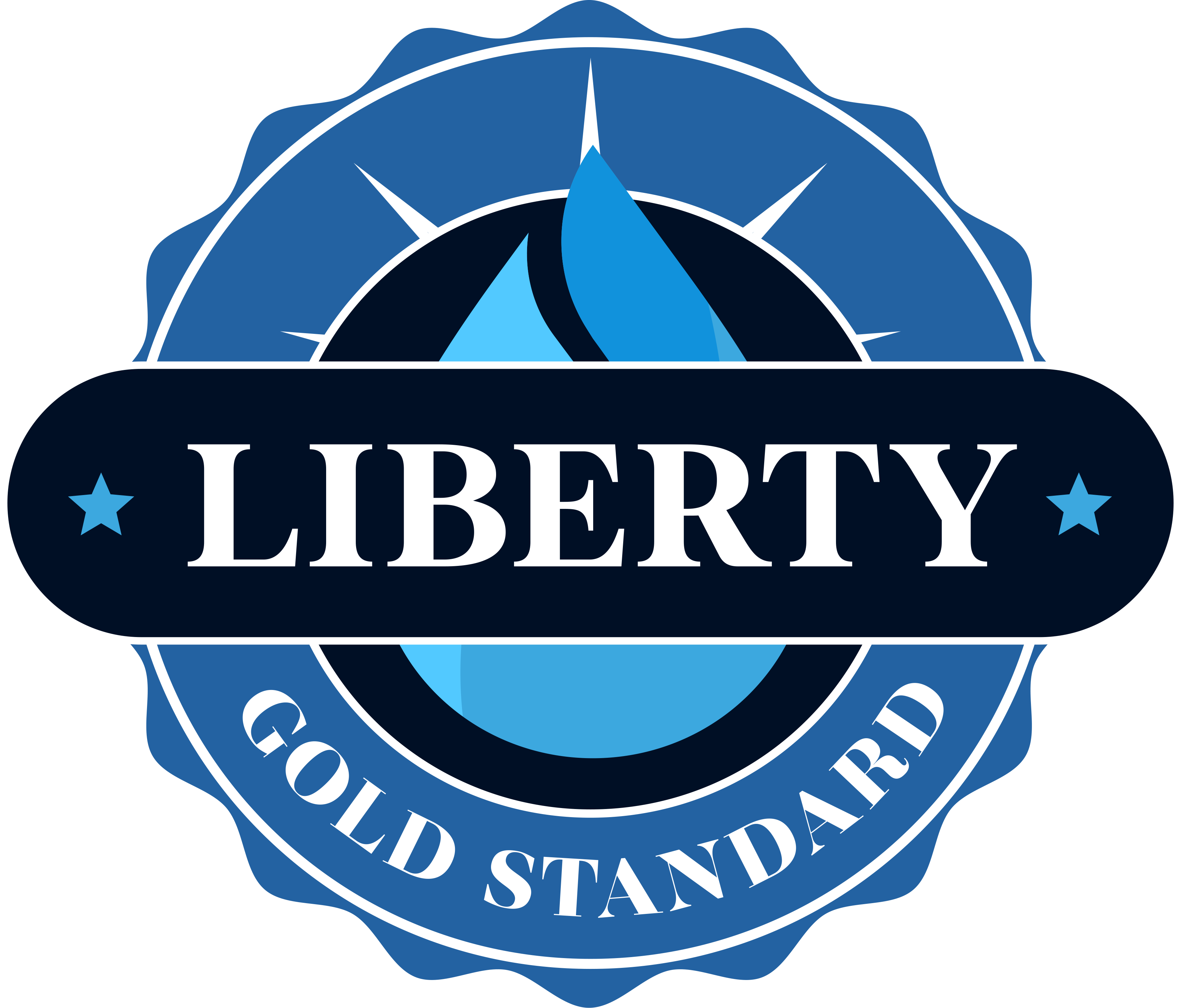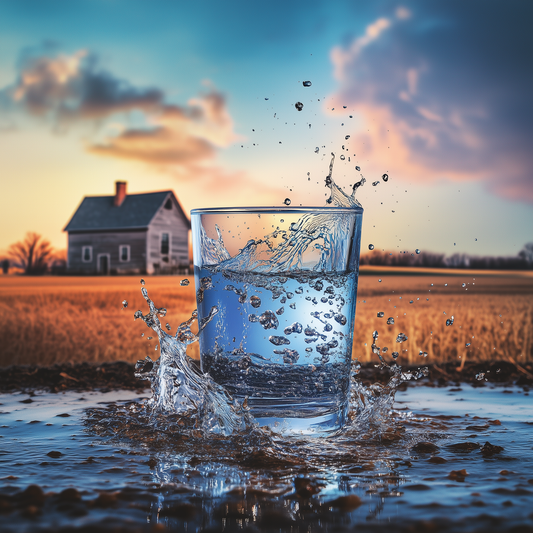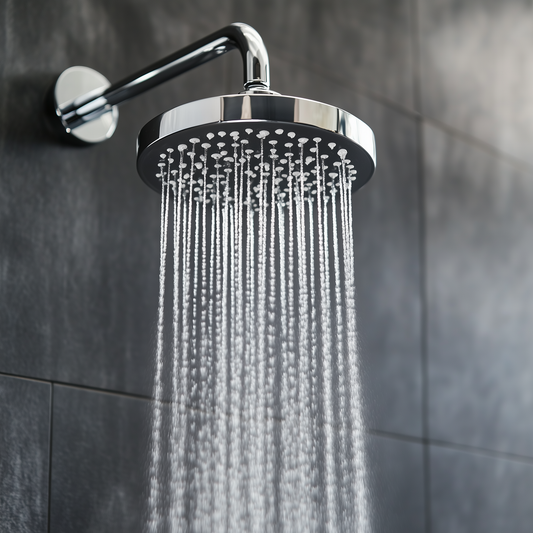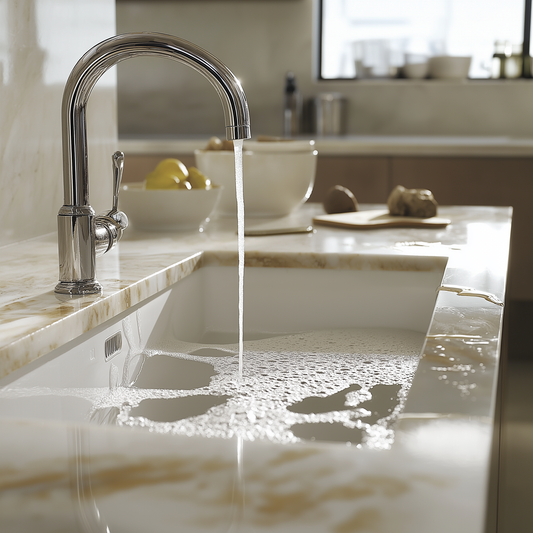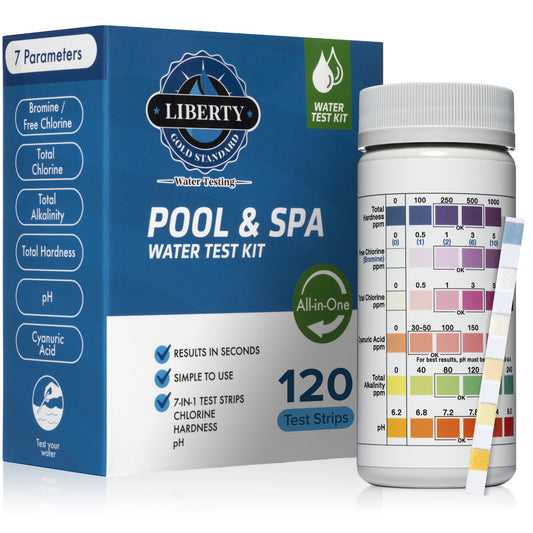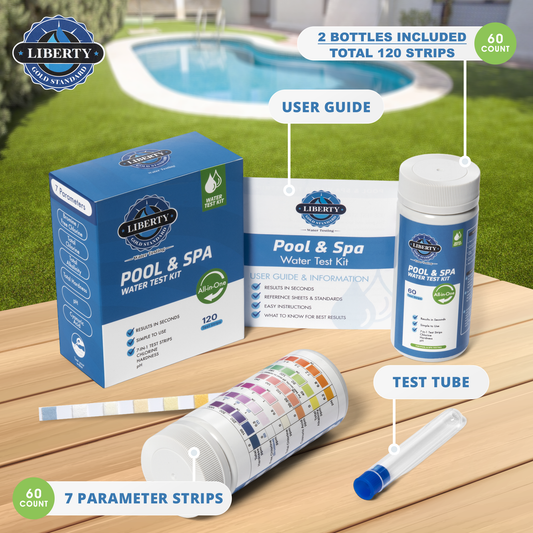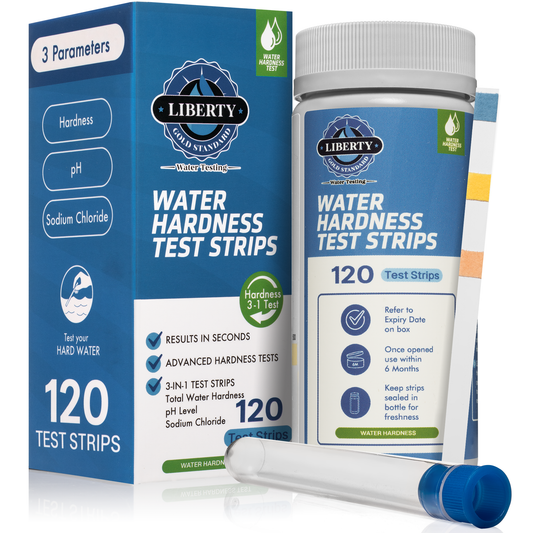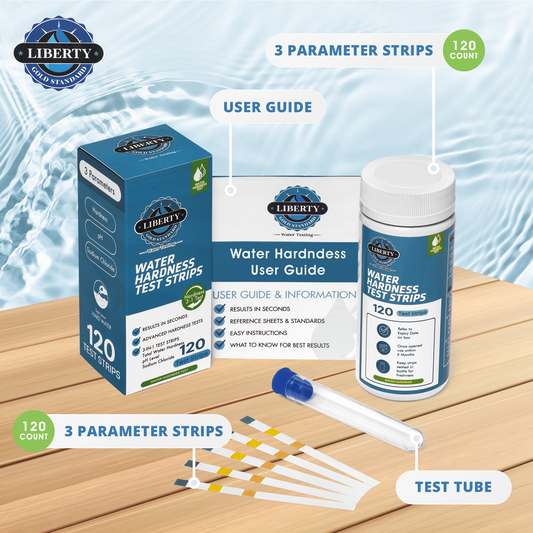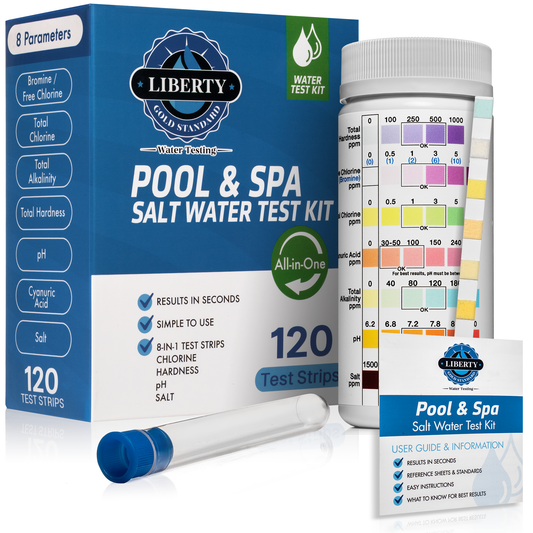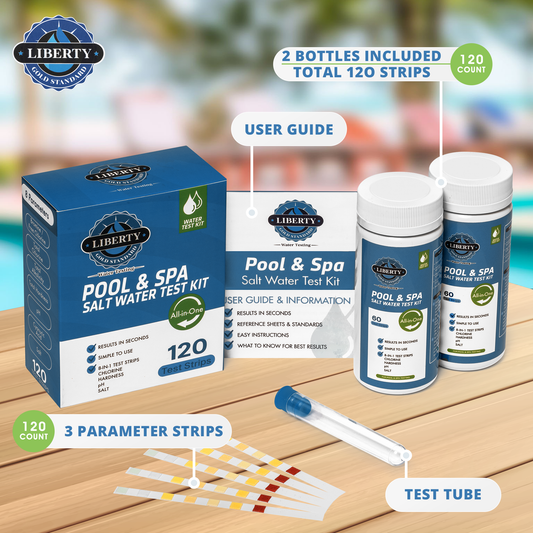What kinds of bacteria does Liberty Gold Standard Bacteria test for?
Liberty Gold Standard Bacteria testing is designed to detect a wide range of harmful bacteria that can be present in various environments. This includes common pathogens or Total Coliform such as E. coli, Salmonella, Listeria, and more. The comprehensive nature of this testing ensures that you get accurate and reliable results. We spend countless hours in labs perfecting testing strips to provide the highest quality results to test all sorts of bacteria found in common drinking water. If you are looking for a step-by-step guide how to use your bacteria test kit, click here for more information.
When should you expect results from Liberty Gold Standard Bacteria testing?
One of the key benefits of Liberty Gold Standard Bacteria testing is the quick turnaround time for results. Typically, you can expect to receive your test results within 48 hours from the time you start. You should start to see discoloration if a bacteria is detected.
With Liberty Gold Standard Bacteria testing, you can have peace of mind knowing that your environment is free from harmful bacteria. The comprehensive testing process and quick results make it a valuable tool for ensuring the safety and well-being of yourself and those around you.
Are you curious about Liberty Gold Standard Bacteria testing and what it can do for you? Let's dive into some frequently asked questions and important information about this innovative testing method.

What kinds of bacteria does Liberty Gold Standard Bacteria test for?
Liberty Gold Standard Bacteria testing is designed to detect a wide range of harmful bacteria that can be present in various environments. This includes common pathogens such as E. coli, Salmonella, Listeria, and more. The comprehensive nature of this testing ensures that you get accurate and reliable results.
Some Common Bacteria found in Tests:
E. coli (Escherichia coli)
E. coli, short for Escherichia coli, is a type of bacteria that is commonly found in the intestines of humans and animals. While most strains of E. coli are harmless, some can cause serious illness when ingested. These harmful strains produce toxins that can lead to symptoms such as severe stomach cramps, diarrhea, and vomiting.
Why is it harmful?
The reason why E. coli is so dangerous lies in its ability to produce toxins that can wreak havoc on the human body. When contaminated food or water is consumed, these toxins can cause a range of symptoms that can vary from mild to severe. In some cases, E. coli infection can even lead to life-threatening complications, especially in young children, the elderly, and individuals with weakened immune systems.
It's important to note that E. coli can be found in a variety of sources, including undercooked ground beef, unpasteurized dairy products, and contaminated fruits and vegetables. By understanding the risks associated with E. coli contamination, you can take steps to protect yourself and your loved ones from potential harm.
So, the next time you hear about an E. coli outbreak in the news, remember the importance of food safety and proper hygiene practices. By staying informed and vigilant, you can help prevent the spread of this harmful bacteria and keep yourself and your family safe from its dangers.
Salmonella Bacteria and Infection
Salmonella is a type of bacteria that is commonly found in raw or undercooked meat, poultry, eggs, and unpasteurized dairy products. This harmful bacteria can also be present in fruits and vegetables that have been contaminated during the growing or harvesting process. While most people associate Salmonella with food poisoning, the effects of this bacteria can be much more serious than a simple stomach ache.
Salmonella infection, also known as salmonellosis, can cause a range of symptoms including diarrhea, fever, and abdominal cramps. In some cases, the infection can be severe and lead to dehydration, hospitalization, or even death. It is important to seek medical attention if you suspect you have been infected with Salmonella.
How Does Salmonella Spread?
Salmonella is typically spread through the consumption of contaminated food or water. It can also be transmitted through contact with infected animals or their environment. Proper food handling and hygiene practices are essential in preventing the spread of Salmonella.
Why is Salmonella Harmful?
Salmonella is harmful because it can cause serious illness in vulnerable populations such as young children, the elderly, and individuals with weakened immune systems. In severe cases, Salmonella infection can lead to complications such as sepsis or reactive arthritis.
By understanding the dangers of Salmonella and taking steps to prevent infection, you can protect yourself and your loved ones from the harmful effects of this bacteria. Remember to always practice good food safety habits and seek medical attention if you suspect you have been exposed to Salmonella.
What is Listeria?
Listeria is a type of bacteria that can be found in soil, water, and some animals. It is commonly associated with contaminated food, especially unpasteurized dairy products, deli meats, and smoked seafood. Unlike many other bacteria, Listeria can grow in cold temperatures, making it a threat even in refrigerated foods.
Why is Listeria Harmful?
Listeria can cause a serious infection called listeriosis when consumed. This infection can lead to symptoms such as fever, muscle aches, nausea, and diarrhea. In more severe cases, it can result in meningitis, septicemia, or even death, particularly in vulnerable populations like pregnant women, newborns, elderly individuals, and those with weakened immune systems.
What makes Listeria particularly dangerous is its ability to survive and thrive in various environments, making it challenging to control and eliminate. This resilience can lead to outbreaks of food-borne illness, putting many people at risk of infection.
Protecting Yourself from Listeria
So, how can you protect yourself from Listeria? The key is to practice safe food handling and preparation techniques. Make sure to thoroughly cook meat and poultry, wash fruits and vegetables before eating, and avoid consuming unpasteurized dairy products. Additionally, be cautious when consuming deli meats and smoked seafood, as these products have been linked to Listeria outbreaks in the past.
How does Listeria end up in drinking water?
Listeria can enter drinking water sources through various means, including agricultural runoff, sewage overflows, and contaminated groundwater. Once in the water supply, Listeria can multiply and pose a risk to public health if not properly treated.
Water treatment facilities typically use processes such as filtration, chlorination, and UV disinfection to remove or inactivate harmful bacteria like Listeria. However, in some cases, Listeria may still be present in drinking water, especially in areas with inadequate water treatment or aging infrastructure.
Preventing Listeria contamination in drinking water
To reduce the risk of Listeria contamination in drinking water, it is essential to maintain and upgrade water treatment systems regularly. Additionally, monitoring water quality, conducting regular testing for bacteria, and implementing proper disinfection protocols are crucial steps in preventing the spread of Listeria and other harmful pathogens.
By understanding the sources of Listeria contamination and taking proactive measures to safeguard drinking water supplies, communities can help ensure the safety and well-being of their residents.
Testing Your Drinking Water is Simple using the Liberty Gold Standard Water Testing Strips and Bacteria Tests. Safe and accurate results each time. If one of your tests provide a positive results, you will need to seek out the expert of a water detection specialist to find the root cause of the problem. If you have any questions or concerns, feel free to reach out.
If Bacteria is detected during the Water Test
If the bacteria contamination is severe or if you are unsure how to properly address the issue, seek professional help. Contact a professional cleaning service or a public health agency for guidance on how to effectively eliminate the bacteria and prevent further contamination. Unfortunaly, these water test won't tell you the exact type of bacteria, you'll need a professional for that. Find a local professional to help you find and destroy bacteria.
